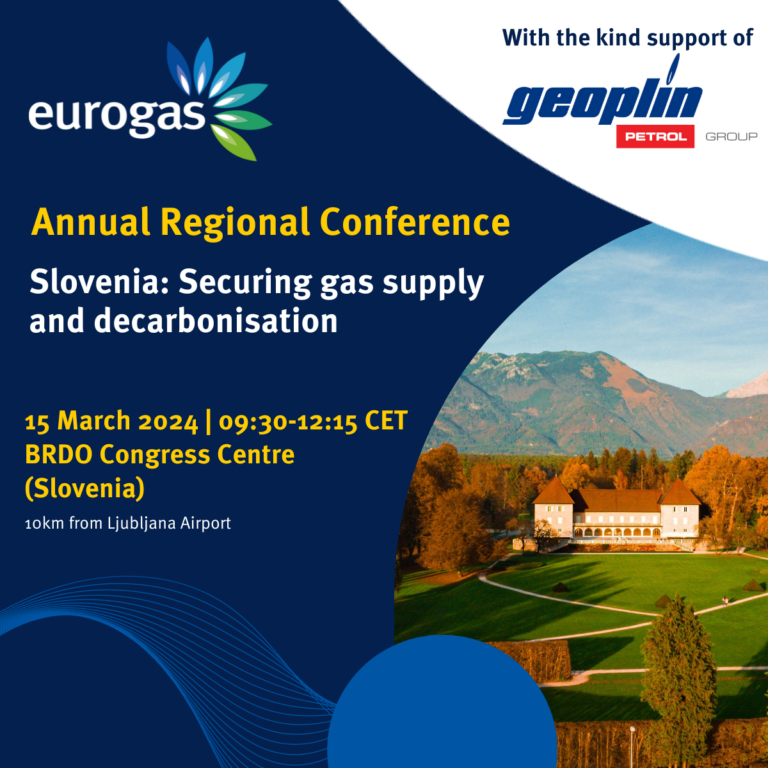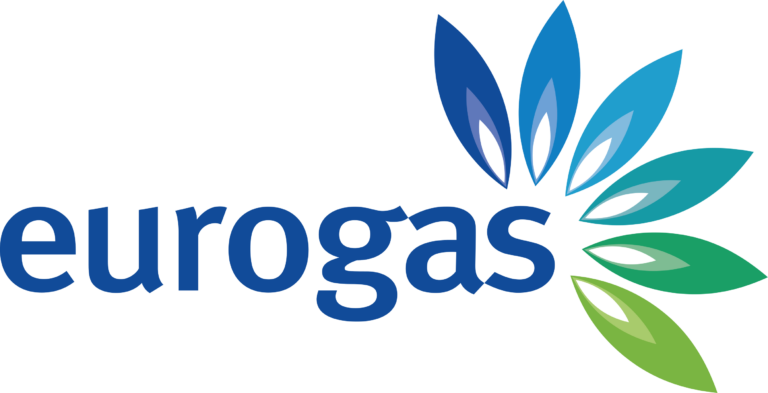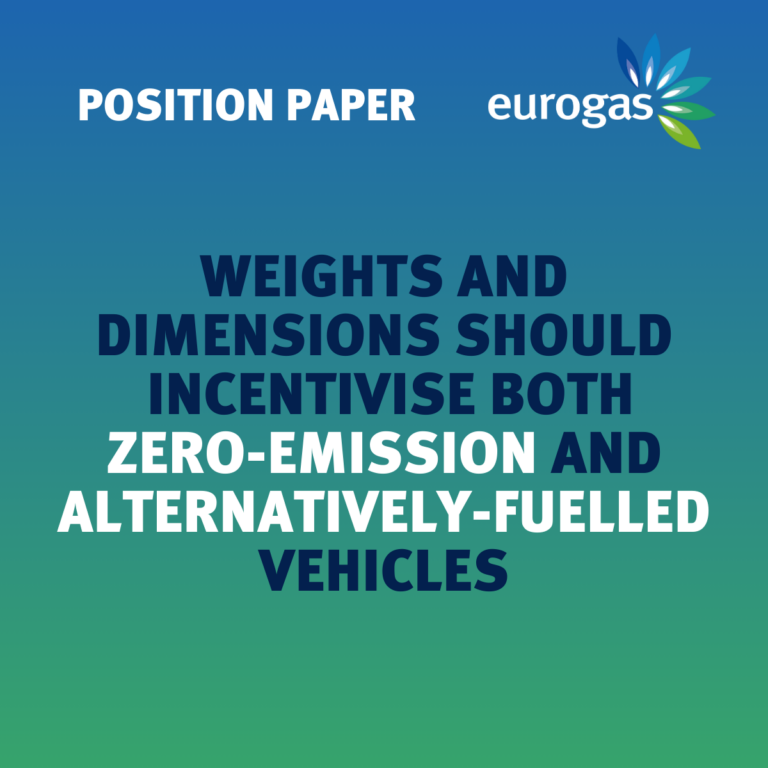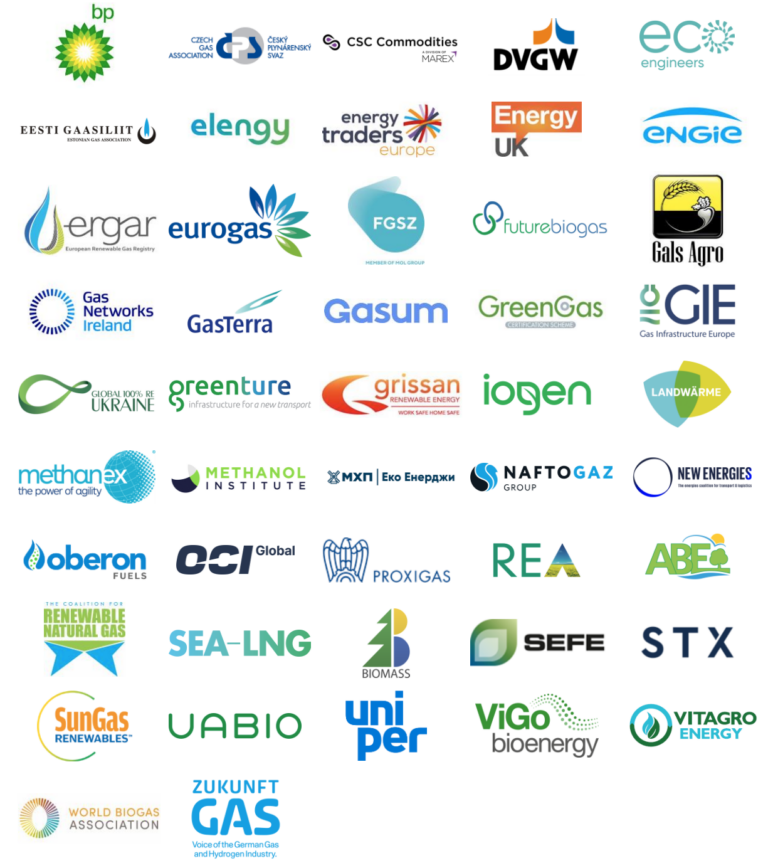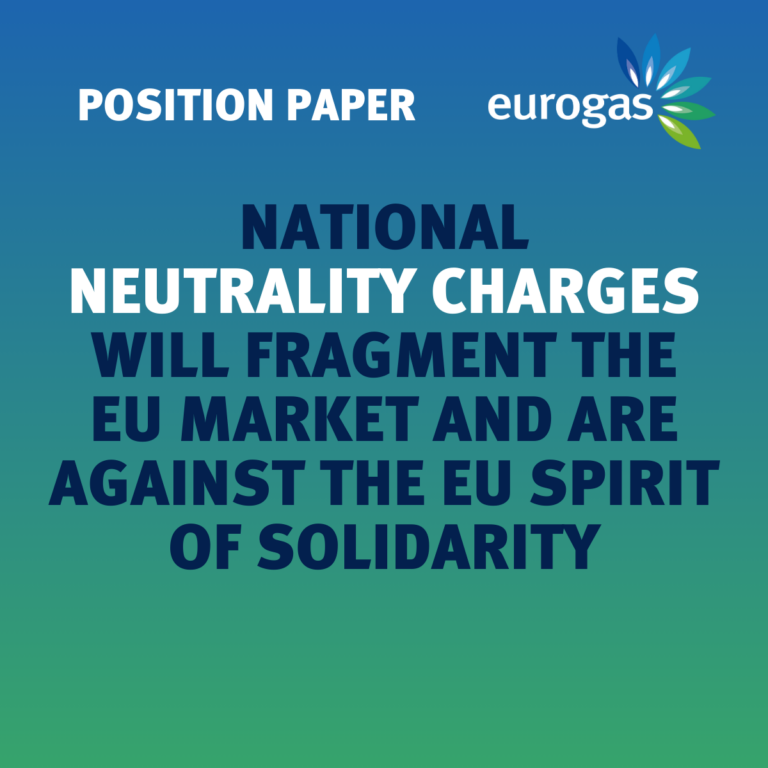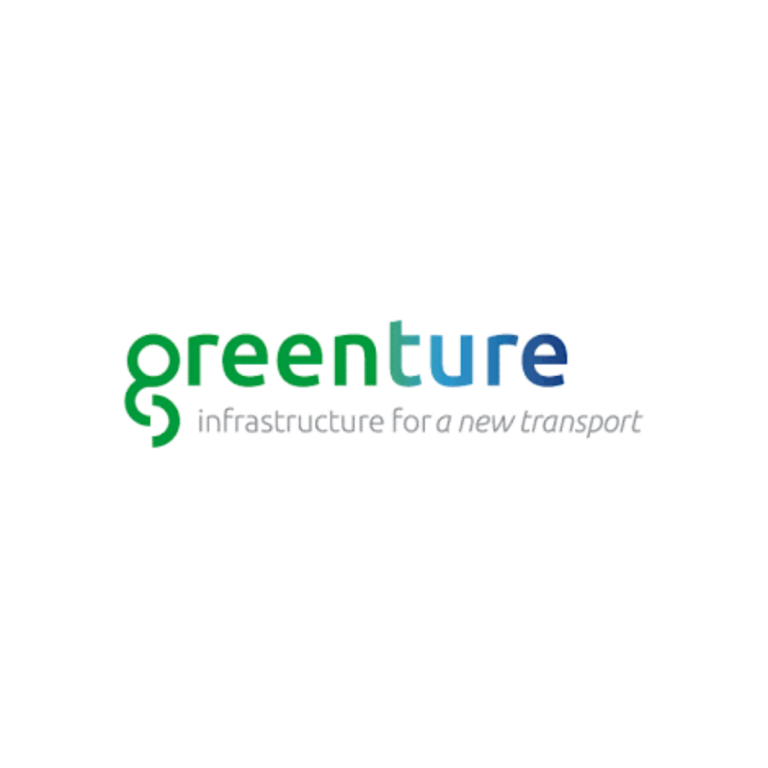| FuelEU Maritime is an important opportunity to address the energy transition in Europe for the maritime sector. As the most effective, readily available and cost-efficient technology for shipping, Liquified Natural Gas (LNG) can play a leading role in the sector’s decarbonisation. This is why FuelEU Maritime needs to be coordinated with the International Maritime Organisation (IMO) regulation. It will ensure a consistent approach to the transition and a level playing field for shipping. Furthermore, in recent years, the IMO has done a good job in decreasing sulphur (SOx) emissions all over the world. In a pioneering step, the SOx Emissions Control Area (ECA) was approved for the Mediterranean Sea. It will be the first homogenous regulation for SOx emissions in all European waters. The most efficient and affordable way to achieve it is by moving the shipping fleet to LNG. LNG can ensure the elimination of not only SOx but also almost all the nitrogen (NOx) and particular matter (PM) emissions. It also offers a decrease in CO2 emissions by 15-20% compared to traditional bunkering fuels. The reduction is even higher when blending with bioLNG or eLNG is introduced. As technology progresses, LNG-operated ships become more efficient and less polluting. Significant improvements are made in the reduction of methane emissions throughout the entire value chain. To reflect that progress, FuelEU legislation should count the GHG intensity with the actual emission value instead of a predefined one. This approach will further encourage innovation and efficiency improvements to deliver more GHG emissions reductions. We’re proud to support the ambitions of FuelEU, especially regarding CO2 emissions. They can be achieved with the use of the above-mentioned bio and synthetic LNG (e-LNG). These fuels are compatible with LNG engines and infrastructure but are carbon neutral. A good case study for this is Rotterdam, where LNG bunkering infrastructure was implemented to facilitate the deployment of LNG. In 2020, it even included 13% of bioLNG blended into the mix. This is why we consider it an important milestone that the definitions of the bioLNG and eLNG fuels are included in the FuelEU legislation. To further incentivise the development of the nascent renewable and low-carbon gas market, we should revisit the book-and-claim system. It will enhance market access for bio/eLNG where they are available and take full advantage of these fuels’ decarbonisation potential, regardless of where they’re developed. This needs to be done with a strong safeguarding mechanism, like certification and carbon accounting, to avoid double counting. If implemented correctly, these provisions will boost demand and scale up the renewable and low-carbon market. The transition towards cleaner fuels cannot start without considering the best available technology in place right now. For the maritime sector, it is LNG. Delaying its adoption is simply prolonging the life of more pollutant fuels like oil. It will also put the sector on a clear decarbonisation path with bio- and eLNG. These are real steps that need to be taken in Europe to reduce the emissions from our shipping sector. I hope that very soon we will see LNG bunkering stations all over the continent, but to achieve that goal, we need the right legislative framework. We have seen strong ambitions in the recent EP ITRE amendments which have taken into consideration all the above points. We need those to be cemented in the legislation. It will ensure that FuelEU Maritime encourages actual emissions counting and supports the creation of renewable and low carbon gases market. All this will help the European shipping sector reach the decarbonisation goal. Francesco Parisi, SSLNG Wholesale Market Manager Edison  |
